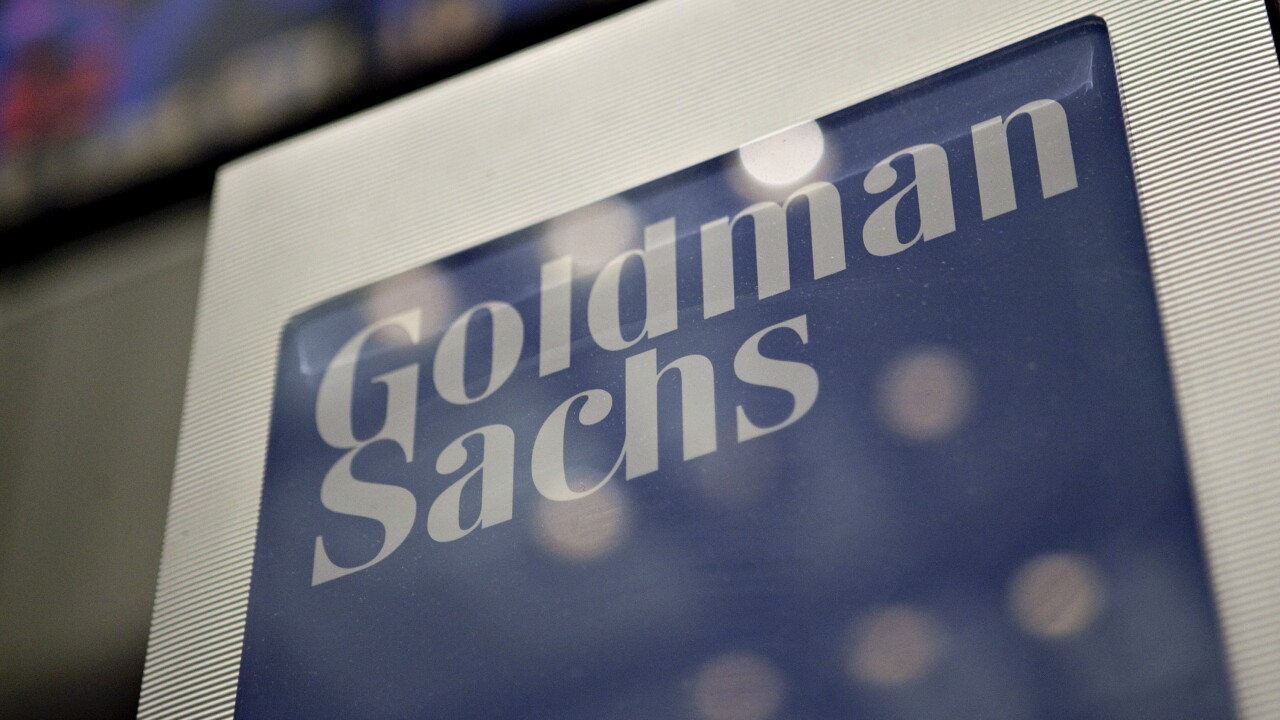The head of the Senate Permanent Subcommittee on Investigations called for an end to private letter rulings from the Internal Revenue Service which have “essentially opened the floodgates” for mutual funds to speculate in commodities from offshore tax havens such as the Cayman Islands.
Michigan Sen. Carl Levin in a hearing held by the subcommittee, said that since the “floodgates” opened about six years ago more than 40 commodity-elated mutual funds have accumulated assets of roughly $50 billion in commodities.
He said the movement started when the Internal Revenue Service began to allow mutual funds to establish “ controlled foreign corporations” to trade commodities in futures and swaps markets.
“In every case we’ve examined, mutual funds have established these CFCs as offshore shell corporations in the Cayman Islands, the classic example of a tax haven,’’ he said.
Thos corporations, he said, have no offices and no employees. Decisions made on their commodity holdings are made by employees in the United States for the mutual fund that set up the offshore arrangement.
“ These CFCs are corporate fictions, offshore shams, paper exercises whose sole purpose is to make a blatant end-run around the legal restrictions on commodity investments by mutual funds,’’ he said.
The ‘offshore shams,’’ he said, are used to speculate in commodities, not invest in them based on “fundamental forces of supply and demand.”
The offshore corporations also let mutual funds get around the tax code Section 851(b)(2) that requires 90% of a mutual fund’s gross income be derived from securities, interest, or foreign currency investments.
That means not more than 10% of their income can come from alternatives like commodities.
“The IRS private letter rulings said that the mutual funds could treat the income from those sources – not as income from a commodities investment – but as income from a “securities” investment in the stock of the company they owned or in the note they designed to avoid the restrictions of Section 851,’’
Tom Steinert-Threlkeld writes for





